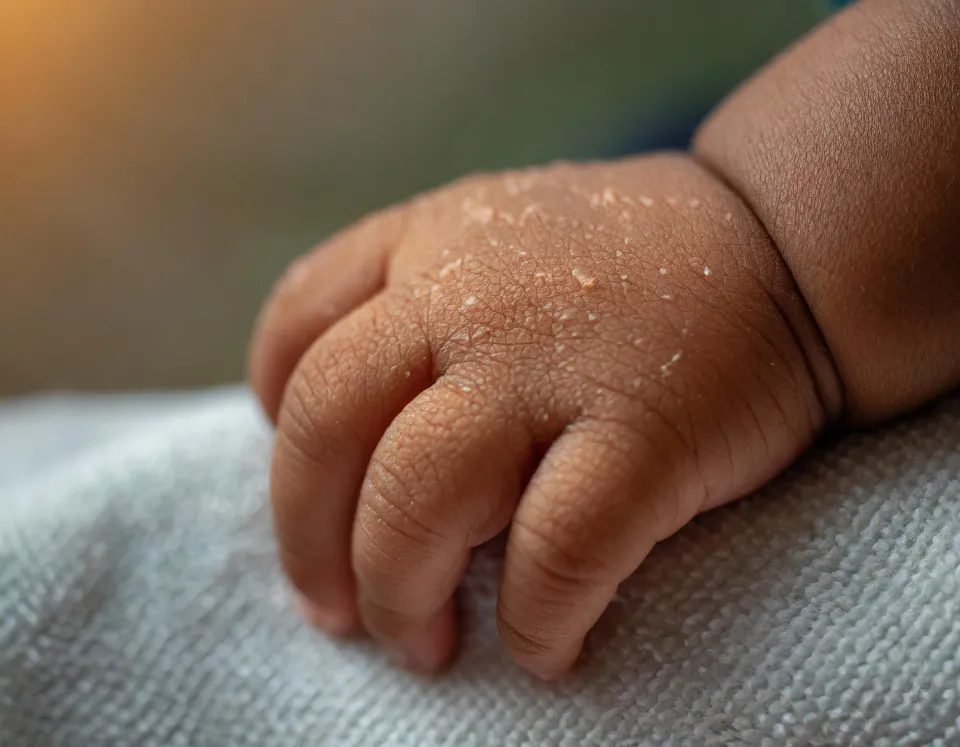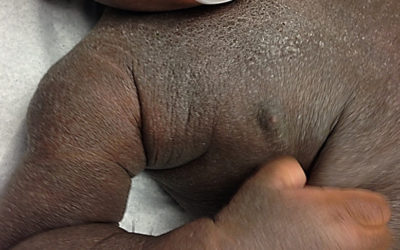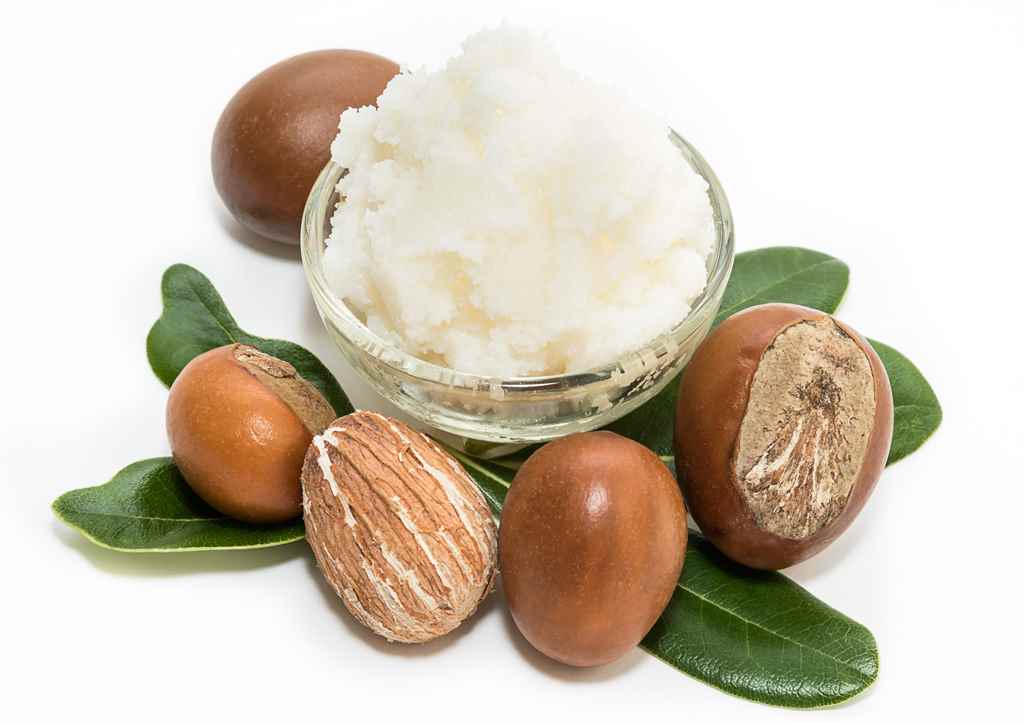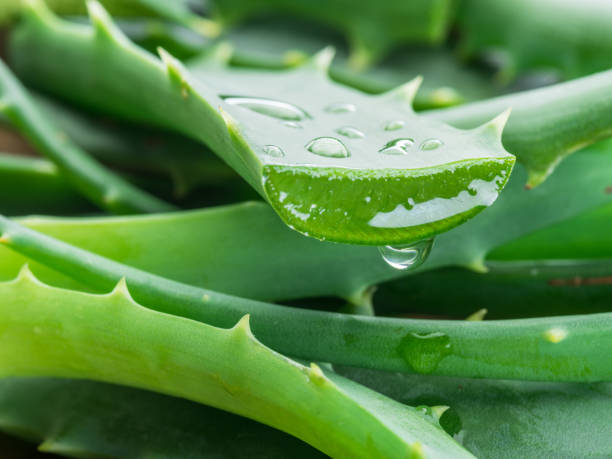Introduction: Understanding Baby Eczema

Eczema in babies can be an emotional journey for both parents and little ones. Watching your baby struggle with itchy, inflamed skin is never easy. The good news is that with gentle, consistent care, you can manage symptoms, soothe discomfort, and protect your baby’s delicate skin.
In this guide, we’ll explore how to manage eczema in babies naturally — from daily skincare routines and hydration to the benefits of Shea butter and the benefits of aloe vera on skin. We’ll also cover practical lifestyle adjustments and when it’s time to seek medical advice.
What Is Eczema in Babies?

When learning how to manage eczema in babies, it’s important to understand what the condition is and why it happens. Eczema, also known as atopic dermatitis, is a skin condition that causes dry skin, redness and inflammation. In babies, it often appears on the face, scalp, elbows or behind the knees. While it’s not contagious, it can cause significant discomfort if not managed well.
According to the National Eczema Association, eczema is caused by a combination of genetics, immune system sensitivity, and environmental triggers. Babies with a family history of allergies or asthma are more likely to develop it.
Why It Happens in Babies
- Immature skin barrier – Baby skin is thinner and more sensitive than adult skin, making it prone to moisture loss.
- Environmental triggers – Heat, cold, dust or even certain detergents can irritate sensitive skin.
- Allergens – Food sensitivities or environmental allergens may trigger flare-ups.
- Genetic predisposition – Eczema often runs in families with allergies, hay fever, or asthma.
Common Symptoms of Eczema in Babies
Recognizing eczema early can help prevent flare-ups from worsening:

- Dry, rough patches of skin
- Redness and inflammation
- Itching or fussiness (especially at night)
- Thickened skin in areas of repeated irritation
- Small bumps that may ooze or crust
If you notice signs of infection such as pus, increased redness, swelling, or fever seek medical help immediately.
The Importance of Early Management
Managing eczema early can help prevent scratching, reduce the risk of infection and keep your baby more comfortable. With the right approach, flare-ups can be minimized, and your baby’s skin can stay soft and healthy.
Daily Care Routine For Managing Eczema In Babies
The foundation of managing eczema in babies is a gentle, consistent skincare routine. This involves locking in hydration, protecting the skin barrier and soothing irritation with safe, natural products.
1. Moisturizing Is Essential for Managing Eczema In Babies

If you want to know how to manage eczema in babies effectively, moisturizing is the first step. One of the most important steps in preventing and managing dry skin is moisturizer use. Baby skin loses moisture faster than adult skin, so regular moisturizing is essential.
- Use a gentle, fragrance-free moisturizer designed for sensitive baby skin.
- Apply immediately after bathing to seal in moisture.
- Reapply throughout the day, especially on areas prone to dryness.
Try our Gentle Baby Sunflower Oil & Shea Butter Cream — rich in vitamins and fatty acids, it nourishes and protects delicate skin naturally.
Learn more about Shea Butter Benefits for Baby Skin.
Explore our Managing Dry Skin Naturally in Babies article for simple steps you can take at home.
2. Hydration from the Inside Out
Hydration supports healthy skin from within.
- For infants, breast milk provides all the hydration they need.
- For older babies, small sips of water (as advised by your pediatrician) can help maintain moisture balance.
According to HealthyChildren.org, combining hydration with moisturizing is one of the most effective ways to manage eczema naturally.
3. Shea Butter Benefits for Managing Eczema In Babies
Shea butter is a natural powerhouse for anti-inflammatory and moisturizing care.
Key Shea butter benefits include:

- Deep moisturization for dry skin
- Calming inflammation and redness
- Restoring the skin’s barrier function
- Reducing itching and discomfort
4. Benefits of Aloe Vera on Skin
Aloe vera is another gentle, natural remedy for eczema in babies. Its antioxidants and enzymes help:

- Cool irritated skin
- Reduce redness and itching
- Promote healing
- Provide lightweight hydration without greasiness
Discover our Neem & Aloe Vera Soap, made for delicate baby skin.
Healthline notes that aloe vera may help soothe irritation in mild eczema cases.
5. Using Anti-Inflammatory Ingredients Safely
Natural anti-inflammatory ingredients like chamomile, calendula and oatmeal can be soothing — but only in baby-safe forms.
Tips for safe use:
- Patch-test first to check for reactions.
- Avoid strong essential oils.
- Choose fragrance-free, hypoallergenic formulas.
Lifestyle & Prevention Tips For Managing Eczema In Babies
Knowing how to manage eczema in babies isn’t just about skincare — it’s also about creating an eczema-friendly environment and avoiding triggers.
1. Soft, Breathable Clothing
Dress your baby in soft cotton or bamboo fabrics to reduce irritation. Avoid wool and synthetics that may cause inflammation.
2. Gentle Bathing

- Keep baths short (5–10 minutes).
- Use lukewarm water and fragrance-free cleansers.
- Pat dry — never rub.
- Apply moisturizer right after.
The National Eczema Society recommends moisturizing within three minutes after bathing to lock in moisture.
3. Maintain a Comfortable Room Climate
- Keep the nursery cool and well-ventilated.
- Use a humidifier in dry seasons.
- Avoid sudden temperature changes.
4. Avoid Common Triggers
Potential triggers include:
- Harsh detergents
- Fragrances
- Pet dander
- Dust mites
- Overheating or sweating
5. Keep Nails Short
Scratching can worsen eczema and cause infections. Keep your baby’s nails trimmed and use mittens at night if necessary.
When to Seek Professional Help
Call your pediatrician if your baby has:
- Signs of infection (pus, oozing, spreading redness)
- Severe itching disrupting sleep or feeding
- No improvement after 1–2 weeks of home care
- Possible allergic reactions to skincare or foods
The American Academy of Pediatrics stresses that early medical guidance can prevent worsening symptoms.
Caring for Baby and Parent
Managing eczema takes patience. Remember:
- Consistency is key.
- Natural care can be powerful.
- Every baby’s skin is unique — it’s a journey to find what works best.
Browse our Baby-Safe Natural Skincare Products for eczema relief.
Conclusion
Eczema in babies is common, but with gentle, natural care, you can keep your little one comfortable. By focusing on hydration, daily moisturizer use and soothing remedies like Shea butter and aloe vera, you can help calm inflammation, relieve dry skin and prevent flare-ups.
With patience and love, you can give your baby happier, healthier skin — and more peaceful days for both of you.
